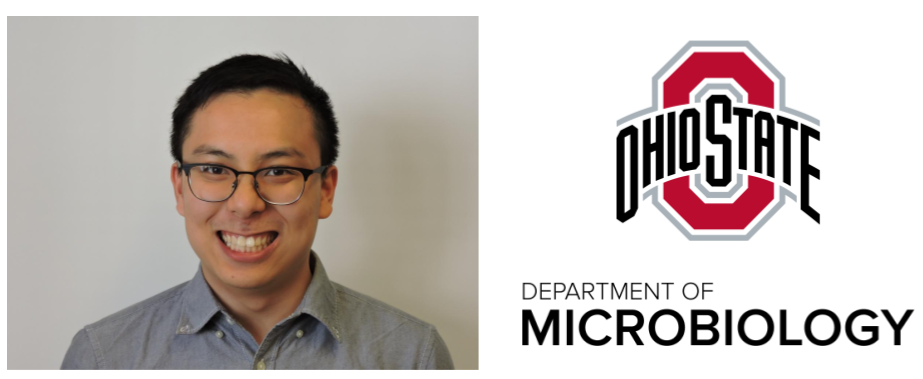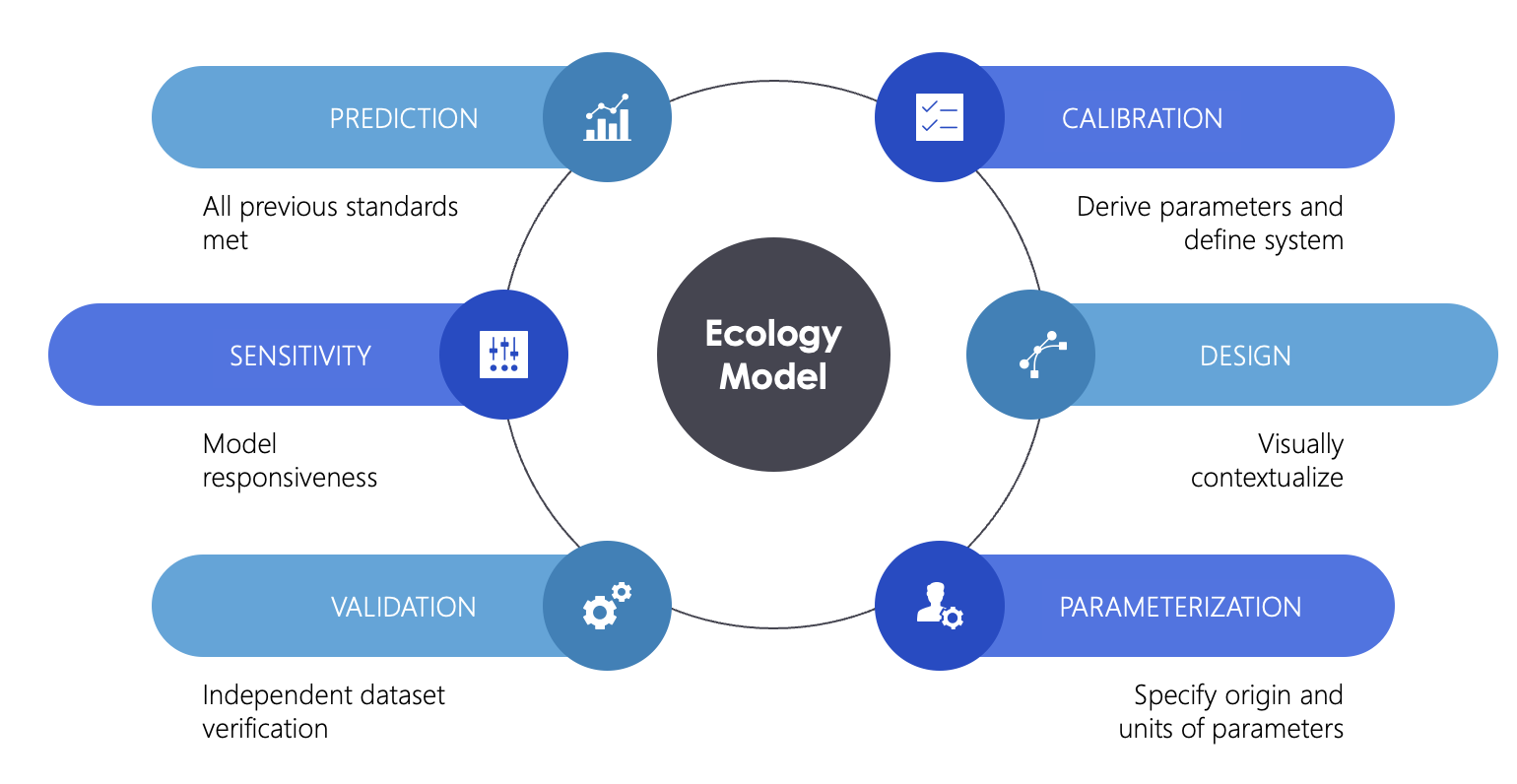🌊🦠 EnViro(Microbio)Metrics 🧫📊
“Towards understanding, utilizing, and developing mathematical & statistical tools for environmental microbiomes and viromes.”

👋 Hi, I’m Dawson Phan
I’m a PhD student in Microbiology at The Ohio State University, supervised by Dr. Matthew Sullivan.
My research combines systems thinking with interdisciplinary and quantitative approaches to explore how microbial and viral communities shape the environment.
🧪 Scientific Philosophy
I’m passionate about:
- Ecological and environmental systems (especially marine!)
- Quantitative reasoning through applied math, statistics, and computation
- Disciplinary integration, bringing biology, computer science, and math together
My undergrad training (BSc, McGill University, 2018–2022) emphasized deep contextual learning across biology, oceanography, and data science—giving me a strong foundation in both domain knowledge and analytical methods.
🎯 PhD Goals
- Tell compelling stories about microbial and viral dynamics using robust analytical frameworks
- Develop novel methods that make sense of metagenomes and -omics in emerging ecosystems
- Build tools to help the scientific community make better inferences in microbiome/virome research
🔬 Current Research Interests
🪸 1. Viral Roles in Coral Holobionts
“Corals are holobionts—complex partnerships of the coral host, dinoflagellates, bacteria, archaea, fungi, and viruses.”
- Coral reefs house >30% of marine biodiversity but occupy <1% of the ocean floor.
- While dinoflagellate symbioses are well-studied, the role of viruses remains poorly understood.
📍 I’m exploring:
- The baseline viral community in healthy Pacific corals
- Potential viral drivers of disease in Caribbean coral outbreaks
📊 2. Analytical & Statistical Modeling of Microbiomes and Viromes

Microbiome and virome sciences are growing fast—but our tools often lag behind.
I focus on:
- Interpreting how current methods shape the microbial stories we tell
- Bridging gaps in interdisciplinary training with custom frameworks and pipelines
- Enhancing data depth and dimensionality across -omics and environmental datasets
🌱 3. Microbial & Viral Climate Solutions
Imagine if we could:
- Predict how microbial/viral dynamics shift with climate change
- Leverage those insights for ecosystem monitoring and management
- Create tools like phage therapies to restore ecosystem health
I aim to support these goals through:
- Community knowledge co-creation
- Environmental engineering with microbes and viruses
- Applied science for planetary-scale challenges
Thanks for visiting! If you’re interested in any of the above, want to collaborate, or just chat about coral viromes and math, feel free to reach out! 🌍💬